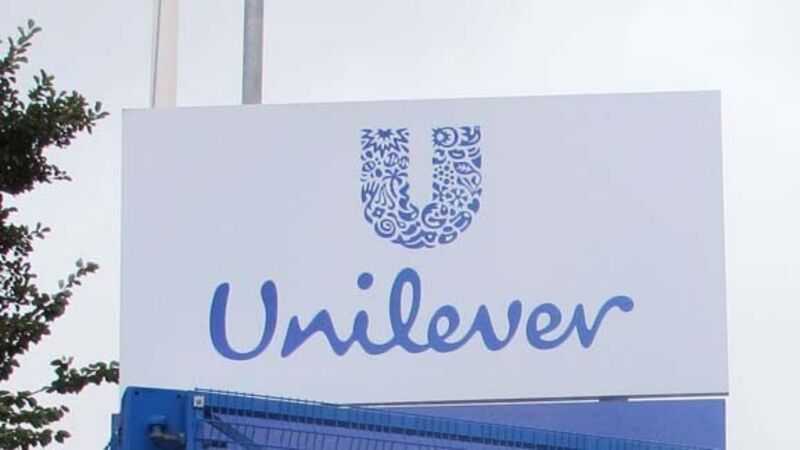Unilever promises €5bn rewards scheme after Kraft approach

Under a restructuring sparked by the rebuffed $143bn (€134bn) offer by its US rival, the maker of Dove soap and Knorr soup set out an accelerated cost-saving plan, the sale of its Flora and Stork spreads business, where sales are declining, and a review of its dual-headed Anglo-Dutch structure. Unilever will also splash out €5bn on a share buyback and raise its dividend 12% this year. Unilever, one of Europe’s biggest blue-chip stocks, called the Kraft episode a “trigger moment” to assess its business, as the global packaged goods industry faces slowing growth and greater competition.
Some analysts had speculated it would split into two in a dramatic strategy reversal, but executives said the current plan was working, while needing to be speeded up. “We need to accelerate our plans to unlock further value faster, and this was brought home to us by the events of February,” chief executive, Paul Polman, said. “There is no doubt that, however ... opportunistic it (the Kraft approach) was, it did raise expectations,” Mr Polman said. Unilever executives said their strategy of long-term, steady growth had found support with investors, including all of the group’s top 50 shareholders.
















